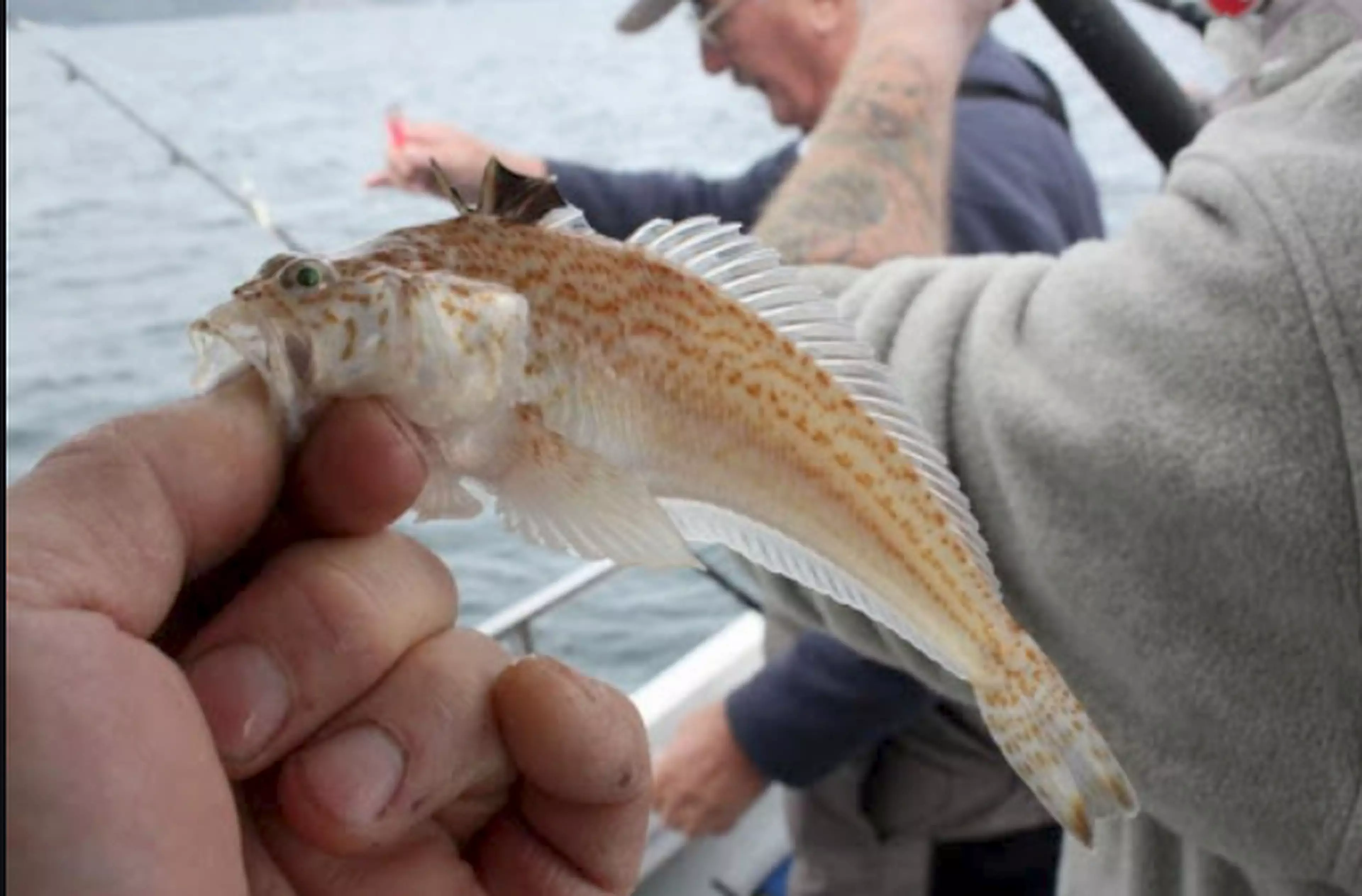
A teenager has died after being stung by a poisonous fish in Spain.
The 16-year-old had been snorkelling in the sea near to Playa d'Aro on the Costa Brava when tragedy struck.
After not seeing him from around half an hour, his parents raised the alarm and the boy's body was then recovered from the water.
Advert
An initial post-mortem has concluded that he went into anaphylactic shock, which may have been caused by the fish's poison.

He was found to have a small wound in his neck and marks on his face which were not consistent with a typical drowning.
An autopsy has pointed to a fish sting being the cause of death, but forensics are still waiting on the results of a toxicology report.
Advert
Investigators have been handed footage said to show the attack, which his parents say involved a weever fish.
Locals have said the fish is a spotted weever - the animal's stings can cause painful swelling and have been known to cause heart attacks or severe allergic reactions.
The boy is reported to come from Montagut i Oix, around an hour and a half away from where he died.
A spokesperson from Montagut i Oix council said: "We have no words. Our thoughts are with the family. All our support in these sad times."
Advert
His parents have released a statement to the local press, in which they say the video handed to officials shows the teen finding a jellyfish 100 metres from the beach as he was snorkelling which 'took him to a strange and colourful fish with a harmless-looking face'.

The statement goes on: "He was only able to film it for 30 seconds from a distance and at the last second it disappeared and bit him around the jaw area."
Spotted weevers can grow up to 45cm in length and have poisonous spines on their back. They spend most of their time buried in the sand or in shallow waters.
Advert
Earlier this year, a warning about the fish was issued to British beach-goers after an influx of stings in Cornwall.
Speaking at the time, an RNLI lifeguard supervisor said they'd 'seen grown men cry the pain' from the stings.
Featured Image Credit: Solarpix
Topics: World News, Spain, Animals